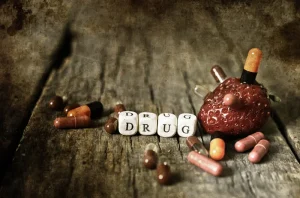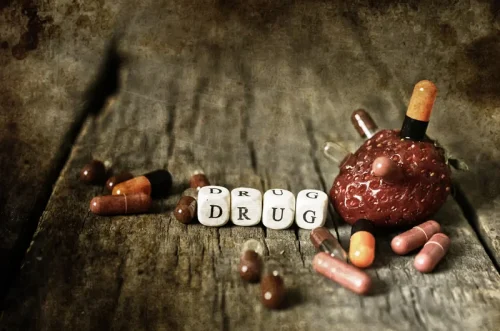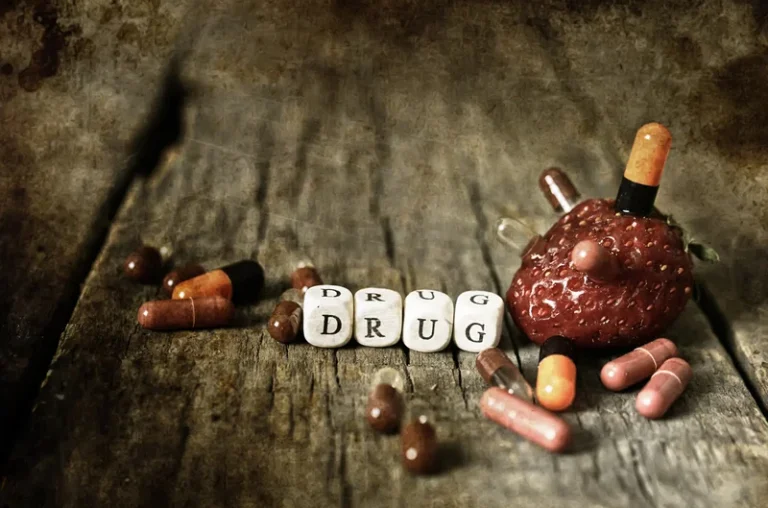
What starts as a drink or two after work every day becomes a routine and addiction. Excessive after-work drinking can lead to diminished workplace productivity and safety standards. The impact on an individual’s professional life can be severe, with potential job loss due to impaired performance or attendance issues. Furthermore, the drinking after work social aspect of drinking can blur professional boundaries, leading to strained relationships both within and outside the workplace. After-work drinking may have significant repercussions on cardiovascular health.

How to Control Drinking After Work

Ultimately, it’s essential to listen to your body and make choices that align with your overall health goals. As the leading provider of treatment resources and everything related to alcohol abuse and rehabilitation, Alcohol.org surveyed 3,000 workers asking how often they go out for afterwork drinks and what their average spend is. It was found that the average American worker spends $3,035 per year on afterwork drinks—that’s the equivalent of over 650 beers. So its no surprise that you’ll spend a little quality time with them outside of the office. After work drinks are fun, but its important to maintain some professionalism while you do.
Pros of alcohol at work: Supporters highlight benefits
If The Recovery Village is not the right fit for you or your loved one, we will help refer you to a facility that is.

The Dangers of Drinking After Work
It’s not HRs responsibility to control what employees do after hours. Still, by setting clear expectations and boundaries with staff, HR can play a role in curbing destructive drinking behaviors. Going out for drinks has become a routine for work-related celebration, whether it’s winning a new account or nailing a big presentation. With the rise of coworking spaces, regular beer on tap is advertised as a selling point.
Why Employees Quit (and 7 Steps to Retain Them)

Taking steps to moderate alcohol consumption and prioritize overall well-being can help mitigate these risks and promote a healthier lifestyle. But the physical health implications of frequent after-work drinking go beyond just sleep disturbances. Excessive alcohol consumption has been linked to a range of long-term health problems. The liver is responsible for metabolizing alcohol, and excessive drinking puts a strain on this vital organ. Over time, this can lead to liver diseases such as fatty liver, alcoholic hepatitis, and even cirrhosis. Drinking during work hours or work-related events requires a careful approach.
- This can exacerbate stress and lead to negative mood states that spill over into interactions with coworkers and loved ones, causing friction and misunderstandings.
- This goes to show that substance abuse can happen to anyone if they aren’t careful.
- About 10% of Americans have experienced drug addiction at some point in their lives.
- The Centers for Disease Control and Prevention (CDC) emphasizes the importance of supporting mental health to directly impact substance use among adolescents.
Beyond the buzz: How after-work drinking habits are affecting our lives

With less pleasure from alcohol and fewer cravings for it, people find it easier to drink less or stop drinking altogether. Naltrexone is approved by the Food and Drug Administration (FDA) to treat alcohol use disorder (AUD). It works on opioid receptors in your brain to reduce the “buzz” that alcohol gives you.
Furthermore, frequent after-work drinking can result in behavioral changes that affect workplace dynamics. According to Sobriety ScienceDaily, the need to suppress negative emotions at work, like forcing a smile, is linked with increased drinking after work. This can exacerbate stress and lead to negative mood states that spill over into interactions with coworkers and loved ones, causing friction and misunderstandings. Blacking out, saying things we regret, or just not being a present parent or partner — alcohol can put a strain on our relationships. Especially if you’ve tried, and failed, to get things under control in the past and feel you’re letting people down.